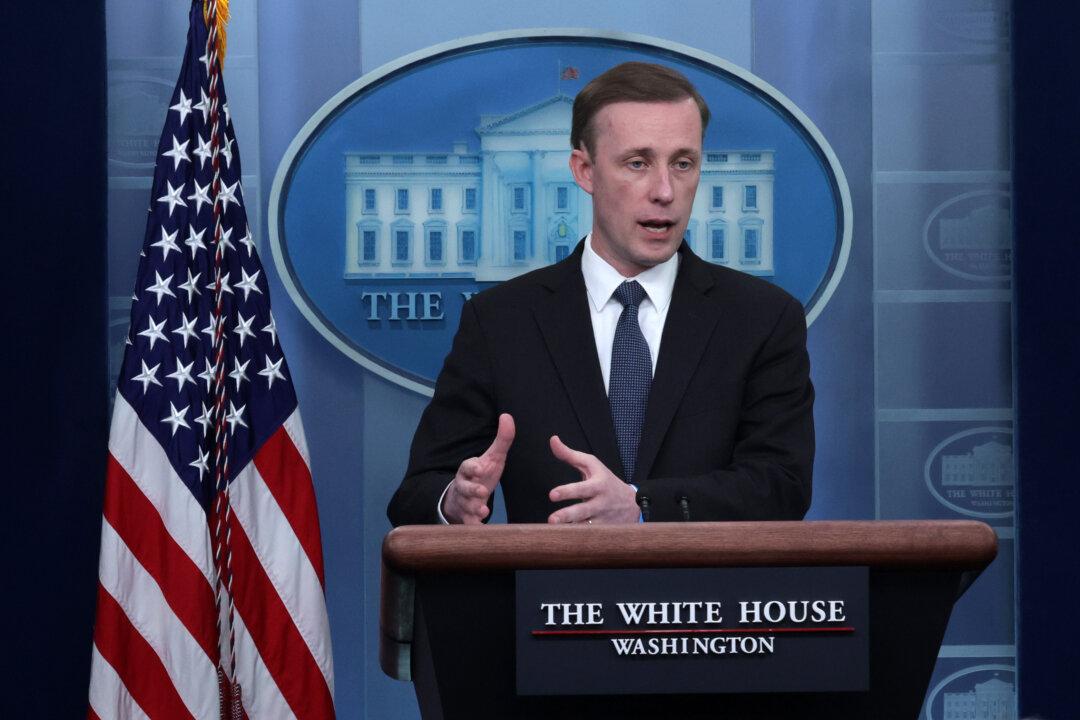The Biden administration warned China on March 23 not to help Russia evade Western sanctions over its invasion of Ukraine, saying G7 countries will soon announce a unified initiative to prevent “systematic sanctions busting.”
All countries will be held to the same requirements, U.S. officials said, although China has been receiving special attention after Beijing announced a “no-limits” partnership with Russia shortly before the war in Ukraine began.





